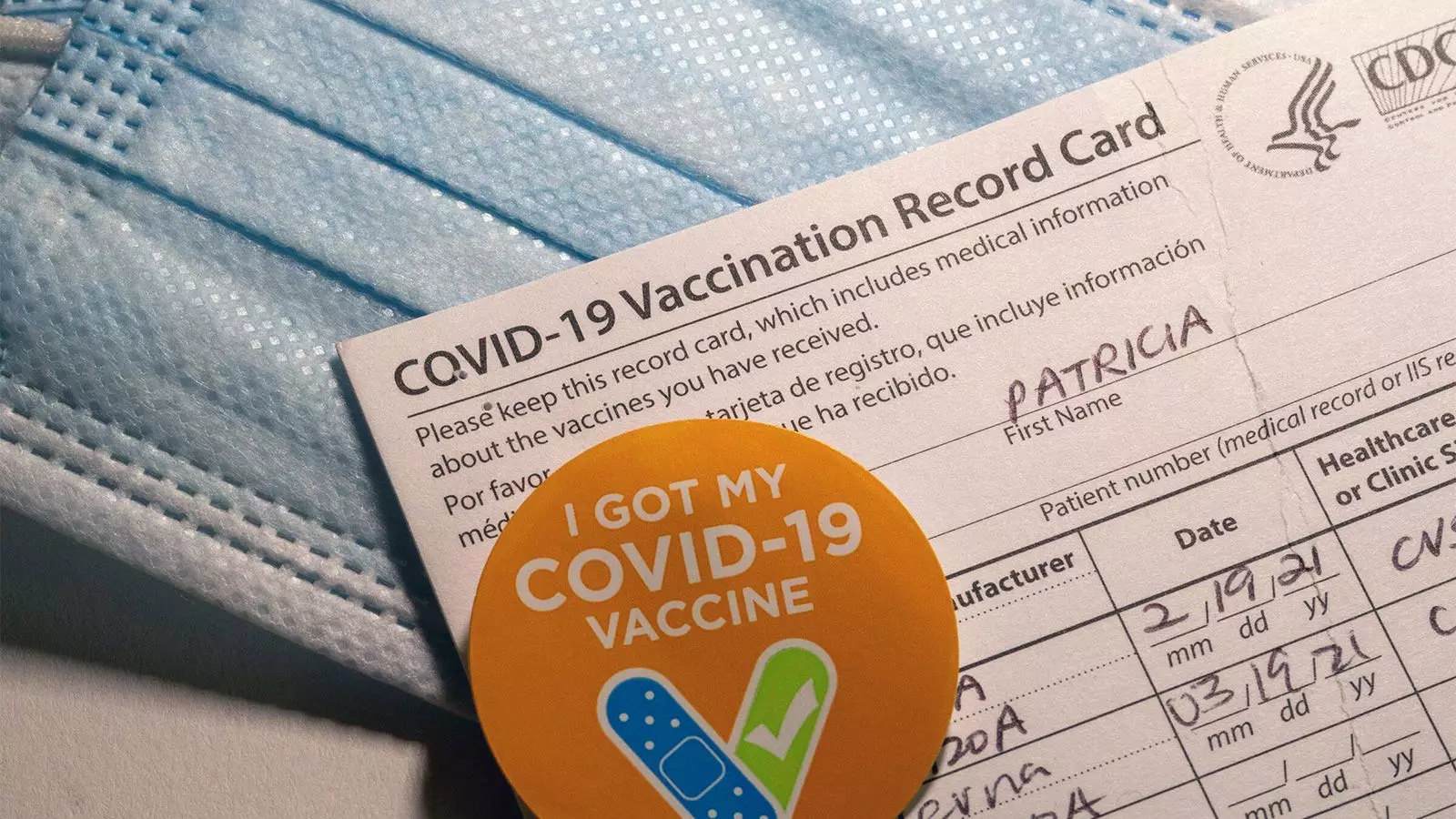The COVID-19 pandemic presented unprecedented challenges across various sectors, significantly impacting healthcare systems, economies, and legislative frameworks. One of the areas that bore the brunt of this impact was the federal Countermeasures Injury Compensation Program (CICP), which saw an overwhelming surge in claims concurrent with the global health crisis. A recent report by the U.S. Government Accountability Office (GAO) highlights the magnitude of this shift, revealing that claims submitted to the CICP due to the pandemic vastly outstripped those from its establishment in 2009 to 2019.
The CICP, designed to support individuals who experience serious health impacts from government-recommended countermeasures, was inundated with approximately 13,333 claims during the COVID-19 pandemic. This figure represents a staggering 27-fold increase when compared to the total claims filed over the program’s first decade. By June of this year, the Health Resources and Services Administration (HRSA), which oversees the CICP, had rendered decisions on about 3,483 claims—representing only 25% of the total filed. Among these decided claims, a mere 92 individuals (3%) were found eligible for compensation, raising critical questions about the effectiveness and responsiveness of the program during a public health emergency.
Of the eligible claims, COVID-19 countermeasures were involved in 52 cases, while others related to previous health emergencies, notably the H1N1 vaccine (37 claims) and other biological threats. The compensation amounts varied significantly, highlighting the severity of impacts that individuals faced. For instance, the total payout to the 51 successful claimants reached nearly $6.5 million, with a majority of this sum attributed to deaths or serious injuries linked to the H1N1 vaccine. Payments ranged dramatically, peaking at nearly $2.3 million for one individual.
Conversely, claims involving COVID countermeasures netted a total of $419,000 in compensations for 14 affected individuals, with payouts ranging from over $1,000 to nearly $370,000. These discrepancies in compensation and eligibility for claims call attention to potential gaps in the program’s framework to accommodate emerging health threats, particularly ones as novel and widespread as COVID-19.
The volume of claims posed significant challenges to the CICP’s existing administrative structure. The GAO report shed light on the drawbacks faced by HRSA, including a noted staff shortage in handling the overwhelming influx. At the onset of the pandemic, the CICP operated with just four staff members, highlighting limitations in its capacity to process claims in a timely manner. Furthermore, the inefficiencies were exacerbated by reliance on antiquated information systems initially designed for a fraction of the claims. Earlier logistical approaches, such as accepting mailed claims, proved to be markedly inadequate as the need for rapid processing grew.
Administrative appeals also revealed systemic issues within the CICP. Nearly 486 requests to reconsider claim decisions were reported, primarily centered around COVID countermeasures. A staggering 80% of these requests arose from disagreements over procedural matters, such as missed deadlines or insufficient documentation. The independence of the reconsideration panel became crucial; however, a mere three claims were overturned, emphasizing the challenging nature of navigating the compensation landscape under heightened scrutiny.
One of the pivotal challenges highlighted by HRSA revolves around the limited medical and scientific evidence regarding the potential link between COVID countermeasures and subsequent health injuries. The lack of robust, conclusive data hampers decision-making processes for medical reviewers tasked with establishing causality. This gap in comprehensive evidence underscores a larger systemic issue: during a pandemic, rapid decision-making is vital, yet the pace at which medical knowledge evolves does not always align with the urgency of public health responses.
The extraordinary circumstances surrounding the COVID-19 pandemic necessitate a reevaluation of existing frameworks such as the CICP to ensure they can cope with future health emergencies. As public health agencies analyze the lessons learned from this crisis, there is an urgent need for modernization of administrative processes, enhanced staffing capabilities, and, crucially, the development of evidence-based protocols. Such measures would serve to bolster the CICP’s capacity to deliver timely and fair compensations for individuals adversely impacted by government-sponsored health interventions.
As we reflect on the CICP’s response to the challenges posed by the COVID-19 pandemic, it is imperative that stakeholders recognize the need for robust infrastructural changes to better protect public health while concurrently safeguarding the rights and health of individuals who may suffer as a result of countermeasures.


Leave a Reply